Tunisia
Tunisians are going to the polls on December 17 to vote in parliamentary elections that parties opposed to President Kais Saied are boycotting.
The country's parliament last convened in July 2021, and in March of this year was controversially dissolved by President Saied, who has granted himself sweeping powers.
At the time, the president said the moves were necessary to save the country amid protracted political and economic crisis, and many Tunisians welcomed them, but critics feared the power grab jeopardizes Tunisia’s young democracy.
Saturday's polls will open at 0700GMT in most parts of Tunisia, with votes being cast until 1700GMT.
In Soukra, a neighbourhood of Ariana, part of the Greater Tunis area, a candidate is canvassing door-to-door.
Under new rules, foreign media are forbidden to talk to candidates so as not to give any individual an undue advantage.
Local resident Abdellatif Rwahi tells the candidate he's not happy with the state of the roads in the area.
The parliamentary election sees significant changes to previous polls, with the number of seats in parliament reduced from 217 to 161.
Previously, lawmakers were selected through party lists, but in Saturday's poll candidates will stand for single constituencies where they must win a simple majority or face a run-off vote in a month's time.
Some voters say that directly choosing their lawmaker will lead to greater accountability.
Tunisia's economic crisis has paralleled its political one, and the rising cost of living is on everyone's lips. Coffee shops seem to be one of the locations favoured by candidates to meet and convince voters.
"The last ten years have been disastrous for all Tunisians," said 41-year-old chef Aymen Yaakoubi. "It was not a revolution, but a quagmire, because the state disintegrated. We hope to get out of this quagmire after these elections."
But with many opposition parties boycotting the polls, including the Salvation Front coalition that the popular Ennahda party is part of, it's not clear that the elections will lead to the political and economic stability that the president is looking to create.
Sghaier Zakraoui, like the president himself, is a prominent law professor. He was one of the first to come out in support of President Saied's moves to concentrate power in his own hands. But over the past year he has changed his mind, calling Saturday's polls a 'non-event'.
"The President of the Republic has imposed a process that I call a personal adventure because he imposed his constitution, his choices, his electoral law, which will lead to a failure of the President," Zakraoui said.
Tunisia's opposition accuses Saied of having designed the electoral law to promote the emergence of a subservient parliament. The president's supporters deem the measures taken since 25 July 2021 necessary to get the country out of the economic and social crisis during the decade since the ouster of the former dictatorial regime of president Ben Ali.




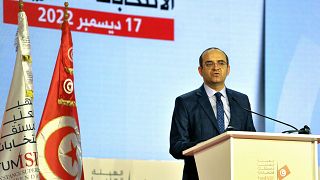
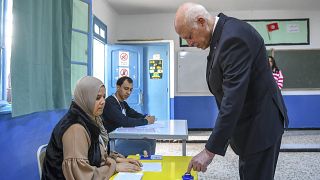
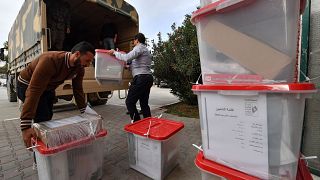
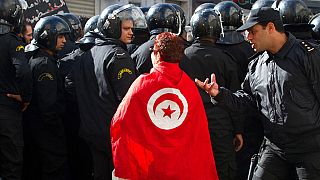
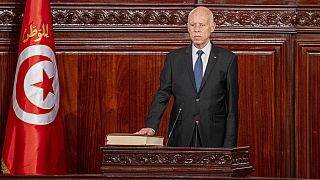

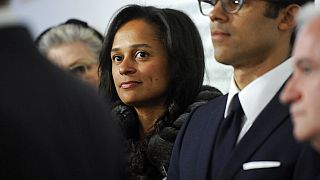
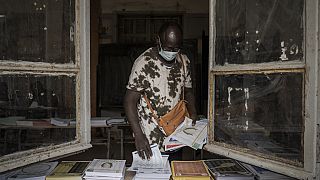
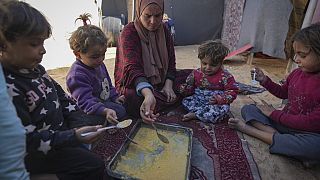
01:00
Tunisia: French student detained for weeks, flies back home
01:00
Mauritius reverses decision to block access to social media
Go to video
Britain's opposition Conservative Party elects new leader
Go to video
Mozambique faces social media restrictions amid election disputes and tensions
11:07
The economy, the challenge of Kaïs Saïed's second term [Business Africa]
00:57
Kais Saied's landslide reelection strengthens his grip on power